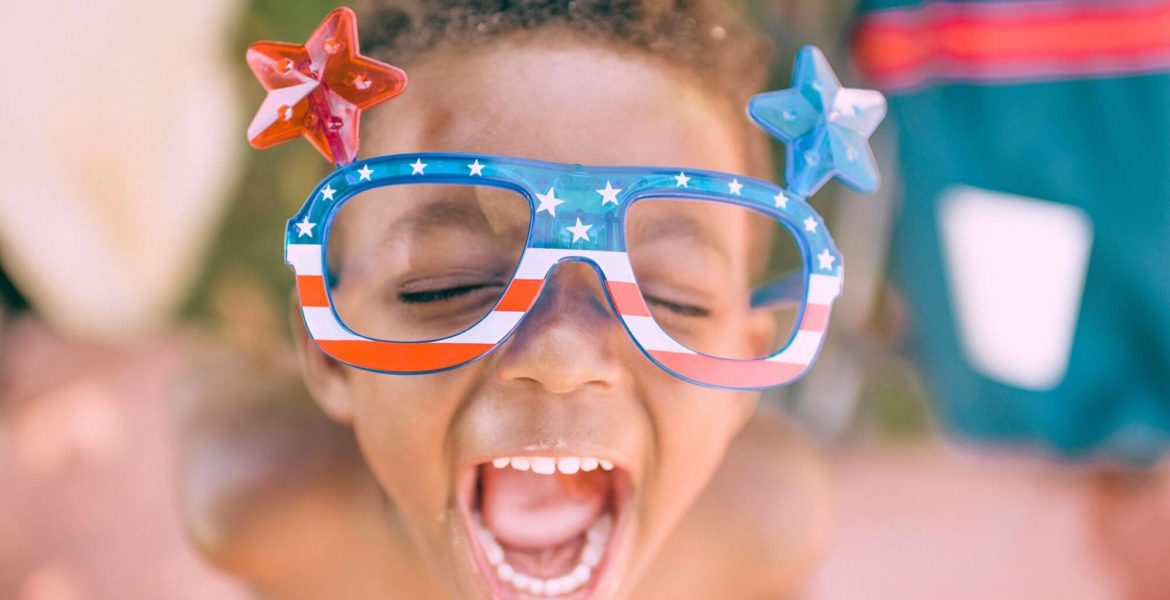The irony that my first glimpse of the video of George Floyd, crying out for his deceased mother as he died while pinned beneath the weight of a police officer’s knee on a Minneapolis street, was on the same day as my own black son’s kindergarten graduation is not lost on me.
The fact that I have been at a loss for words ever since, however, is complicated for me and likely confounding to those who know me well.
You see, I’m that person who everyone calls when they want to commiserate about the latest racial incident in the news or to discuss their experiences with a co-worker, neighbor, friend or total stranger who usually thinks they’re above it all, but somehow manages to express some of the same racist ideologies and actions as card-carrying white supremacists often do. I’m the one currently wrapping up production on my first podcast, which not only covers, but also illuminates, the fact that deep-seeded racism remains a driving force behind the gender pay gap that persists and often penalizes black women in the American workplace.
You can count on me for that spirited back-and-forth debate on social media, admonishing the latest divisive, racist, misogynistic and xenophobic word, action or deed being imparted by the current presidential administration. I have built a 20-plus year journalism career and public persona centered around promoting public discourse on issues of race and gender in America; once even profusely thanking internationally acclaimed race scholar Jane Elliott of the famed “Blue eyes–Brown eyes” racism exercise after an interview at her home, for transforming my knowledge and understanding of race and racism in America as a teenager.
So why then am I speechless and disturbingly silent with my own two black sons, ages 6 and 8, about the unrest exploding across the country in wake of Floyd’s death? In a nutshell, plain and simple: I just can’t bring myself to steal their black boy joy. I believe that knowledge is power, but in many ways when it comes to race and impressionable, developing young minds, ignorance also is often bliss. Studies have confirmed that racism, the weight of it and the crushing reality of it all, is harmful to one’s health. I believe it changes the hearts, minds and souls of those who experience it; the damage often irreversible. I’m trying to spare my boys from that reality for as long as it is safely possible.
It is hard to put into words the pressure we black parents face, to look into the faces of our precious children and impart to them that some people honestly believe that they are less-than because of something minute as skin pigmentation and culture. There’s real anxiety in the experience of spending years teaching your little ones to play nice and “treat people the way you want to be treated” only to know that one day you’ll have to follow that message with: but as an African American, you likely won’t be afforded that same privilege; you may consistently be treated unequally or unfairly in the very country that our ancestors help build.
The predicament is even more precarious in the midst of the ongoing coronavirus pandemic. My husband, myself and our parents have worked tirelessly these past few months, carefully constructing this comfortable, coronavirus-free cocoon in our home; one where our boys are well aware of the dangers of a deadly disease spreading indiscriminately across the globe and that we’re doing everything in our power to keep them safe.
Finish reading the rest of this article on the Washington Post.


